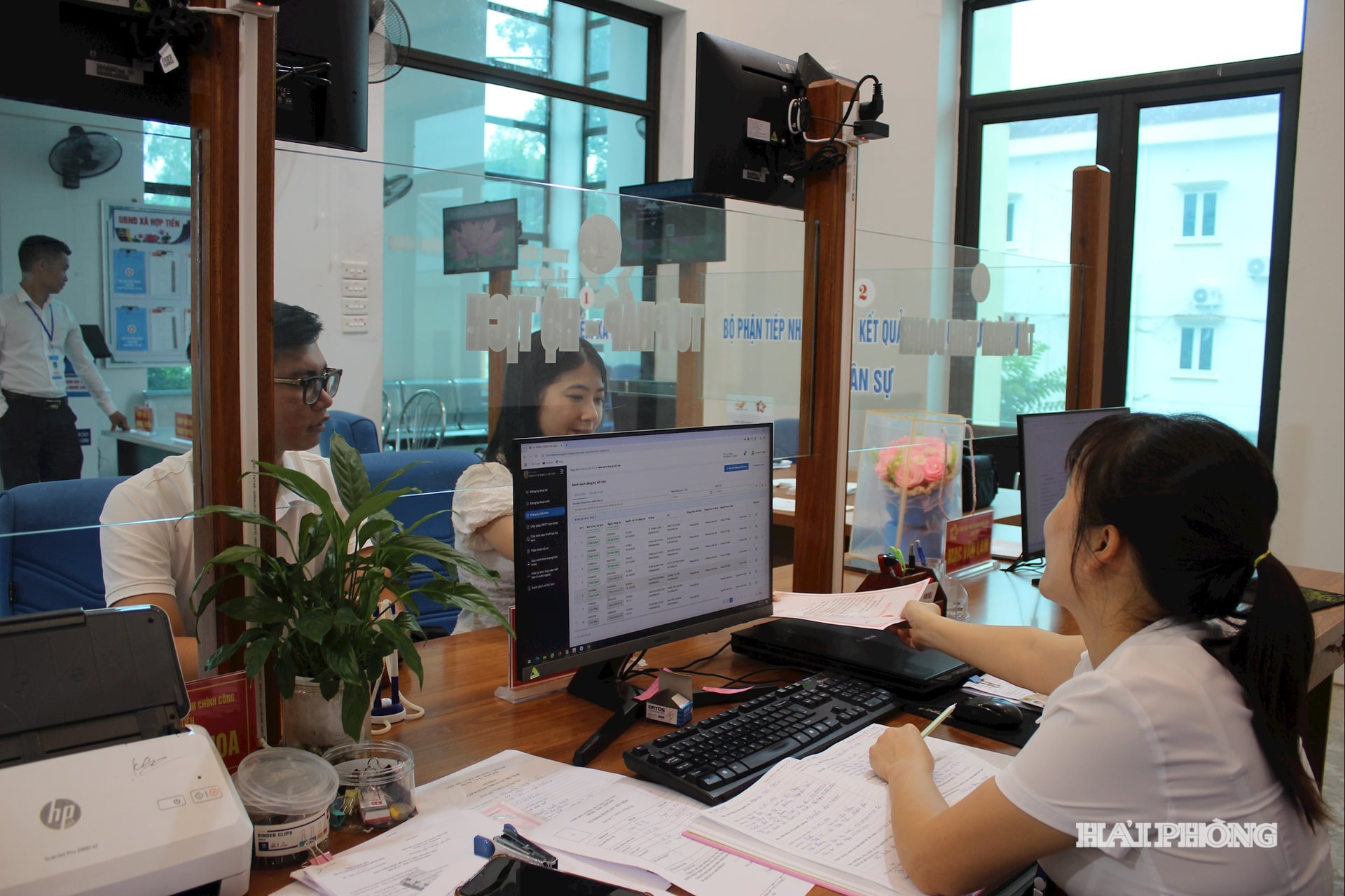
After more than 2 months of implementing the 2-level local government model, the Ministry of Finance said that the progress of implementation at the grassroots level has achieved many positive results.
As of September 15, 2025, the whole country had 56,103 commune-level units opening accounts at the State Treasury, accounting for 99.68% of the total. Along with that, 56,142 units have made salary payments for September 2025, equivalent to 99.74% of the total, reflecting the synchronous and serious movement of the grassroots authorities right in the first phase.
To ensure stable operation, the Ministry of Finance quickly proposed that the Government support 3,119 billion VND for 27 localities.
The specific allocation level is 1.5 billion VND/commune for the Northern Midlands and Mountains, North Central Coast, Central Highlands, Mekong Delta and 1 billion VND/commune for the remaining areas.
This resource is focused on essential needs, such as facilities and equipment to serve the operation of the commune government apparatus after the reorganization. Currently, the Government Office is submitting to the Prime Minister for decision on additional funding according to the approved Resolution.
In addition, in order to meet the requirements of digital transformation in administrative management, the Ministry of Finance, in coordination with the Ministry of Home Affairs, is reviewing and proposing to add about 12.8 billion VND to 5 localities to serve the digitization of district-level archives. To date, 33/34 localities have issued Resolutions on decentralization of revenue sources and expenditure tasks between the provincial and commune levels - an important step to implement financial decentralization, creating a foundation for the stability of the new model.
However, the implementation process is still difficult. Some commune-level units lack qualified financial and accounting personnel, causing difficulties in appointing chief accountants and opening Treasury accounts, directly affecting budget expenditures.
In addition, the handover of financial and accounting records after the merger is still delayed, especially in handling the district-level budget balance after June 30, 2025 (when district-level agencies cease operations). The conversion of revenue and expenditure data between the old district level and the new commune level is not synchronized, causing difficulties for management.
To overcome this, the Ministry of Finance recommends that localities proactively allocate budgets for training and coaching financial and accounting staff at the commune level; at the same time, the provincial level needs to be directly responsible for organizing training, especially in difficult areas. In cases beyond their authority, localities must promptly report to the Ministry for synthesis and submission to competent authorities for consideration and support.
In the coming time, the Ministry of Finance will continue to urge localities to promptly open Treasury accounts for units that have not completed procedures, ensuring that salary payments, social security policies and development investments are carried out in accordance with regulations.
The Ministry will also review the actual needs in each locality to promptly propose additional budgets, and at the same time synthesize the need for support from the central budget for document digitization, investment in infrastructure, information technology equipment, and construction of public housing in newly established communes, especially in mountainous, remote and isolated areas.
In addition, the Ministry of Finance is coordinating with ministries and branches to research and develop specific financial mechanisms for each type of two-level administrative unit such as urban, mountainous, island areas, etc. to allocate and use resources effectively, in accordance with the practical requirements of each locality, ensuring the new model operates stably and sustainably.
PV (synthesis)Source: https://baohaiphong.vn/hon-56-000-don-vi-cap-xa-hoan-tat-chi-ngan-sach-521654.html


![[Photo] Joy on the new Phong Chau bridge](https://vphoto.vietnam.vn/thumb/1200x675/vietnam/resource/IMAGE/2025/9/28/b00322b29c8043fbb8b6844fdd6c78ea)

![[Photo] Prime Minister Pham Minh Chinh meets with Chairman of the State Duma of the Russian Federation Vyacheslav Volodin](https://vphoto.vietnam.vn/thumb/1200x675/vietnam/resource/IMAGE/2025/9/29/08ca17cb0c46432dbdb94f9eaf73b47a)
![[Photo] The 4th meeting of the Inter-Parliamentary Cooperation Committee between the National Assembly of Vietnam and the State Duma of Russia](https://vphoto.vietnam.vn/thumb/1200x675/vietnam/resource/IMAGE/2025/9/28/9f9e84a38675449aa9c08b391e153183)
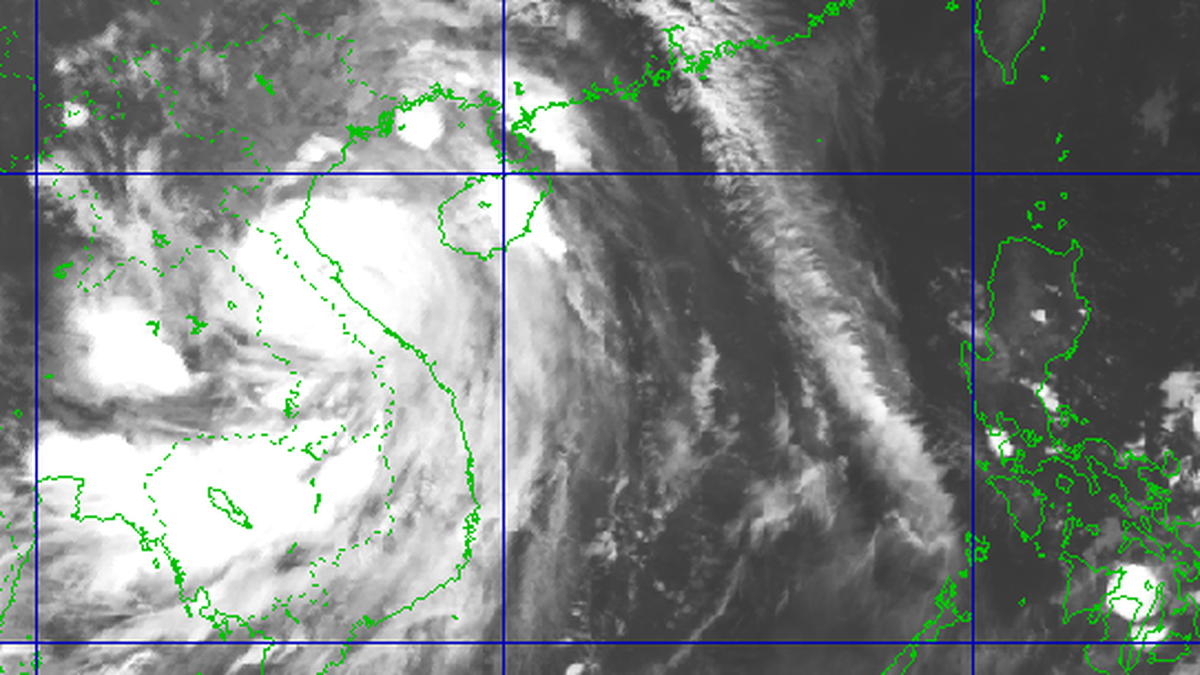
![[Photo] President Luong Cuong receives Chairman of the State Duma of the Russian Federation Vyacheslav Volodin](https://vphoto.vietnam.vn/thumb/1200x675/vietnam/resource/IMAGE/2025/9/29/6bd456e072504df3a468acbf9b7989c8)









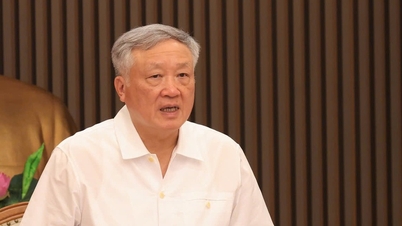



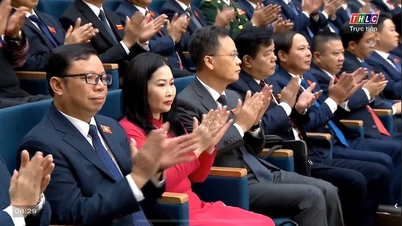









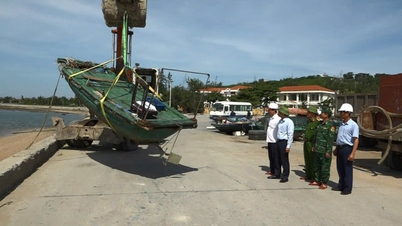
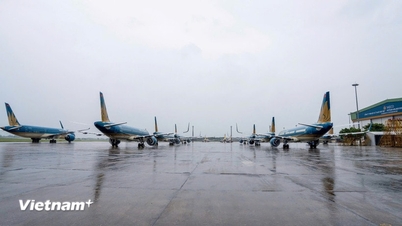


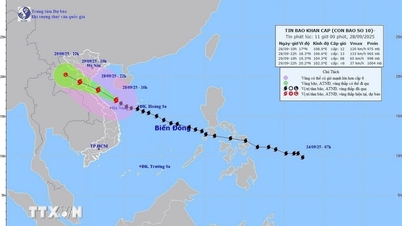
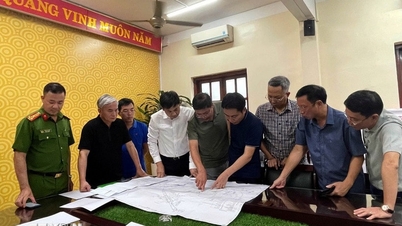
![[Photo] General Secretary To Lam receives Chairman of the State Duma of the Russian Federation Vyacheslav Volodin](https://vphoto.vietnam.vn/thumb/1200x675/vietnam/resource/IMAGE/2025/9/29/3814a68959e848f586178624b6bd66e5)






















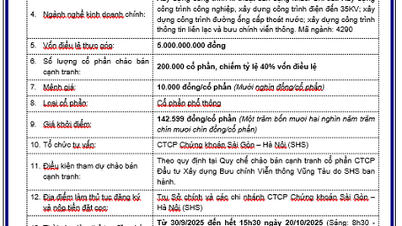

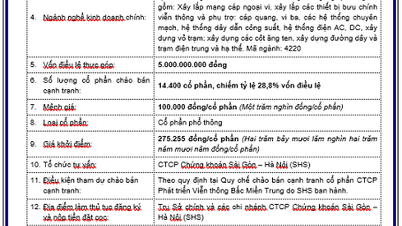

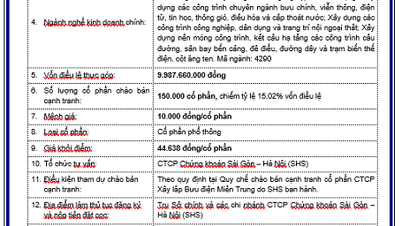


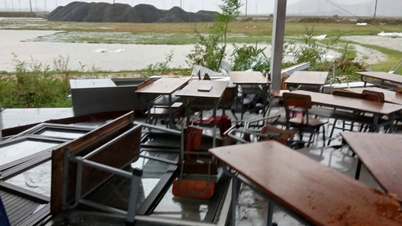

![[Photo] President Luong Cuong receives Chairman of the State Duma of the Russian Federation Vyacheslav Volodin](https://vphoto.vietnam.vn/thumb/402x226/vietnam/resource/IMAGE/2025/9/29/6bd456e072504df3a468acbf9b7989c8)

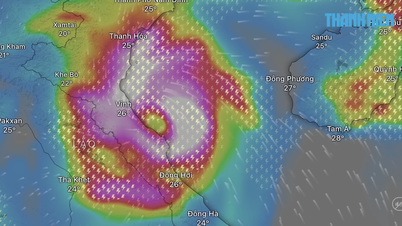

































Comment (0)